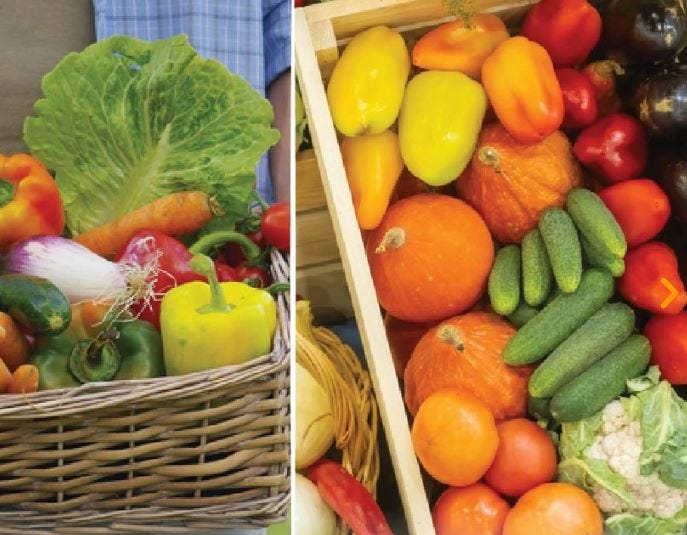Top Strategies for Global Frozen Food Supply and Export
The frozen food sector has seen remarkable growth over the past decade. Businesses worldwide rely on efficient frozen food suppliers to provide a steady stream of high-quality products, supporting supermarkets, catering companies, and other food service providers. By maintaining strict quality standards, suppliers ensure that frozen vegetables, fruits, and prepared meals retain freshness and nutritional value from storage to delivery.

The Expanding Role of Frozen Food Suppliers
As consumer demand for convenient and healthy meals increases, frozen vegetable companies and suppliers have become key players in the food industry. They offer a wide range of products that cater to different market needs while maintaining quality across large volumes.
In addition, bulk frozen food suppliers help businesses manage costs by providing large quantities of ingredients for supermarkets and catering services. This model supports long-term planning and reduces the risk of stock shortages, particularly for seasonal products.
Frozen Food Importers and Exporters Driving Global Trade
International trade is a critical component of the frozen food industry. Frozen food importers connect domestic markets with international suppliers, allowing supermarkets and distributors to access a variety of products year-round.
On the other hand, frozen food exporters facilitate shipments across borders, ensuring that products meet international safety and quality standards. By coordinating with importers, these exporters maintain a smooth flow of goods to global markets, bridging gaps created by local production limits.
Frozen Food Importers in the USA
In the United States, frozen food importers in USA play a vital role in supplying supermarkets and food service providers. They ensure that frozen fruits, vegetables, and ready-made meals are delivered on time and comply with food safety regulations.
Working with experienced frozen food import companies, distributors can maintain inventory levels that meet consumer demand, even during peak seasons. This reliable supply chain helps retailers avoid shortages and provides customers with consistent product availability.
Frozen Food Suppliers for Catering Companies
Catering businesses require dependable products to manage large-scale events and daily operations. Frozen food suppliers for catering companies provide ready-to-use ingredients such as frozen vegetables, seafood, and fruits that help streamline meal preparation.
Caterers benefit from:
- Consistent supply of high-quality frozen items
- Extended shelf life of ingredients to minimize waste
- Cost efficiency through bulk purchasing
This ensures that catering companies can maintain high standards while efficiently serving clients.
Frozen Food Suppliers for Supermarkets
Supermarkets are increasingly dependent on frozen food to meet consumer demand for convenience and variety. Frozen food suppliers for supermarkets provide a wide range of products, from frozen fruits to prepared meals, enabling retailers to maintain a diverse inventory throughout the year.
The rise in consumer preference for frozen options has created opportunities for frozen food B2B suppliers to supply supermarkets with reliable and consistent products while supporting efficient logistics and cold storage management.
Frozen Food Export Companies and Sourcing Networks
Frozen food export companies are integral to maintaining global food supply chains. They manage shipments that cross international borders and ensure that imported products meet all regulatory requirements.
Frozen food sourcing companies work closely with both exporters and importers to identify trustworthy suppliers, negotiate contracts, and ensure timely delivery of high-quality frozen products. This collaboration strengthens global trade and ensures market stability.
The Role of Frozen Food B2B Suppliers
Frozen food B2B suppliers provide essential connections between producers, distributors, and end-users. They facilitate large-scale purchases, allowing businesses to acquire bulk frozen foods efficiently.
By linking wholesale suppliers with supermarkets, catering companies, and restaurants, B2B suppliers help streamline supply chains. They provide transparency in pricing, product availability, and delivery timelines, which is crucial for planning and operations.
Future Outlook for Frozen Food Wholesale
The frozen food industry is poised for continued growth. Frozen food wholesale networks are expanding globally, supported by advancements in cold storage technology, logistics, and sustainable packaging solutions.
Companies that invest in reliable supply chains, work with experienced sourcing partners, and maintain high-quality standards will be well-positioned to meet the evolving needs of supermarkets, catering services, and other food service providers worldwide.
Conclusion
The frozen food industry continues to evolve with global trade, advanced supply chains, and growing demand for convenient and nutritious products. Reliable suppliers, importers, exporters, and B2B distributors ensure that supermarkets, catering companies, and other businesses maintain consistent and high-quality frozen food offerings year-round.
FAQs
Q1: Why are frozen food suppliers important for businesses?
A. They ensure consistent quality and supply of frozen products for supermarkets, catering, and food service.
Q2: How do frozen food importers and exporters support global trade?
A. They facilitate cross-border shipments, maintaining product availability and safety standards worldwide.
Comments
Post a Comment